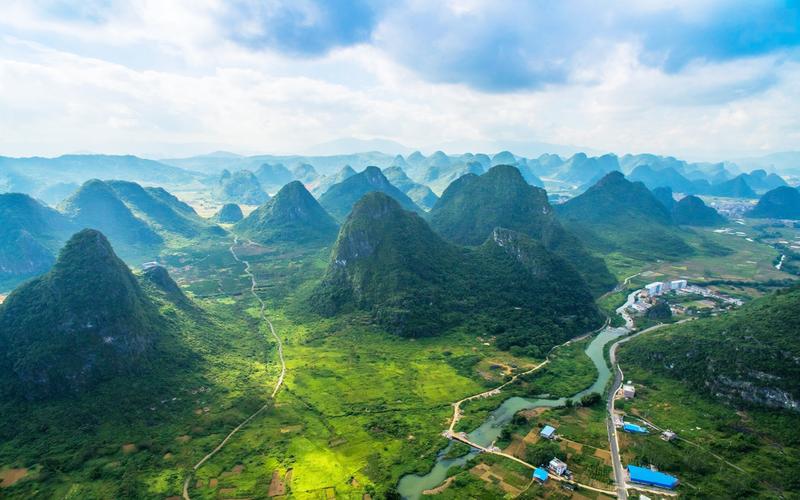Exploring the Wonders of World Heritage Sites: A Journey Through History
Are you a history buff, travel enthusiast or someone who is simply curious about the world’s most spectacular sites? If yes, then you might already know about the World Heritage List, a compilation of destinations that have been recognized by UNESCO for their cultural and natural significance. The list comprises of 1,121 sites in 167 countries, and each of them is a testament to human creativity, innovation, and resilience. In this article, we will take you on a journey through the wonders of World Heritage Sites, exploring their history, significance and how they have transformed our understanding of the world.
What are World Heritage Sites?
The concept of World Heritage Sites was initiated by the United Nations Educational, Scientific and Cultural Organization (UNESCO) in 1972. The goal was to create a list of places that represent the best of humanity’s cultural and natural heritage and to preserve them for future generations. The main criteria for selecting World Heritage Sites include their outstanding universal value, authenticity, and integrity. In other words, the site should represent a unique and irreplaceable resource for humanity, be an authentic example of human creative genius, and be in a state of conservation that ensures its long-term survival.
Types of World Heritage Sites
World Heritage Sites are divided into two distinct categories: cultural and natural. Cultural heritage sites are those that contain tangible or intangible human-made features that hold cultural significance such as monuments, buildings, and archaeological sites. On the other hand, natural heritage sites are those that have outstanding natural beauty, geological formations, and habitats.
Top 7 World Heritage Sites to Explore
The following are the seven most iconic World Heritage Sites that are sure to leave you in awe:
1. The Great Wall of China: This iconic wall extends 21, 196 kilometres long and is considered one of the most impressive buildings in the world.
2. The Taj Mahal: This is a mausoleum constructed from white marble in honor of Mumtaz Mahal, a Persian princess who died during childbirth.
3. The Pyramids of Giza: These are monumental tombs of ancient Egypt’s pharaohs, and they are thought to be over 4,500 years old.
4. The Acropolis: This ancient citadel lies in Athens, and it contains buildings that symbolize Greek power in the fifth century BC.
5. Machu Picchu: This was the royal estate of Inca rulers in the 15th century, and it is located in the mountains of Peru.
6. The Colosseum: This is an oval amphitheater located in the heart of Rome, and it was used for gladiatorial contests and public spectacles.
7. Petra: This is a historically and architecturally rich city that was carved out of pink sandstone rock in present-day Jordan.
Why are World Heritage Sites Important?
World Heritage Sites play a crucial role in preserving and transmitting the histories and cultures of humanity. They remind us of our shared past and the achievements of our forefathers. They also contribute to the economies of the regions they are located in by attracting tourists and creating employment opportunities. Furthermore, World Heritage Sites serve as a source of educational and research opportunities for scholars and students to understand the past better.
Conclusion
We have explored the wonder and significance of World Heritage Sites and why they are essential in our collective understanding of the world. These sites serve as outstanding examples of human creativity, innovation, and resilience throughout history. Therefore, it is crucial to preserve and maintain them for future generations. Next time you are planning a vacation or looking for a destination that offers more than just natural beauty, remember that there is a World Heritage site waiting to be explored.
(Note: Do you have knowledge or insights to share? Unlock new opportunities and expand your reach by joining our authors team. Click Registration to join us and share your expertise with our readers.)
Speech tips:
Please note that any statements involving politics will not be approved.
